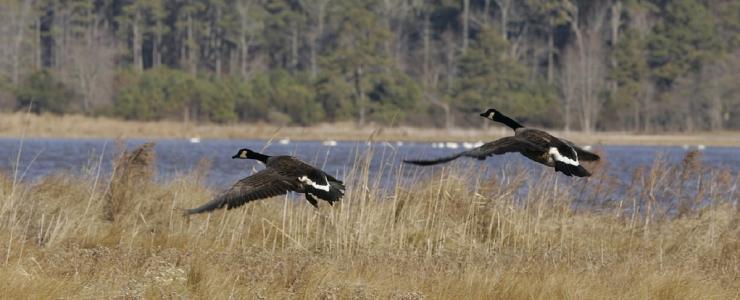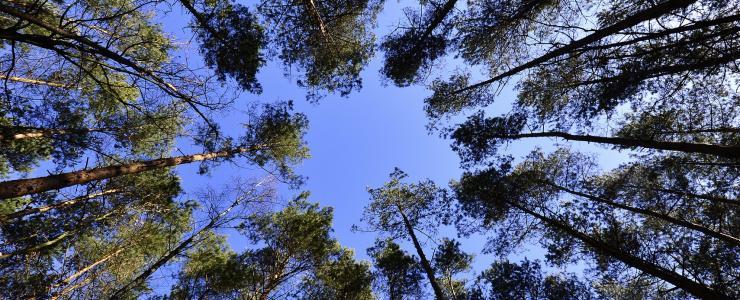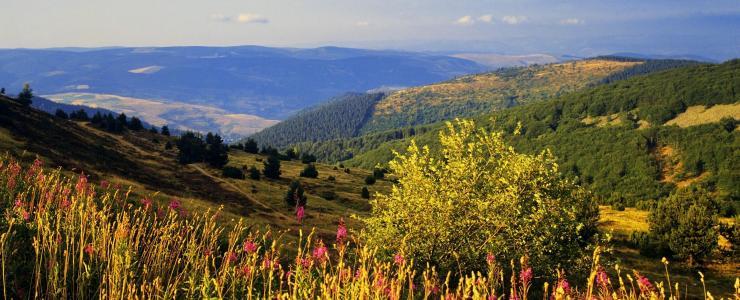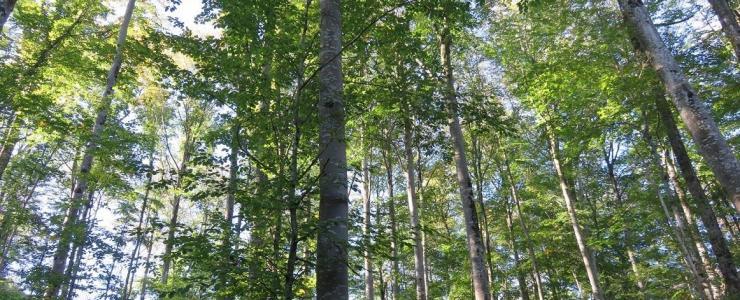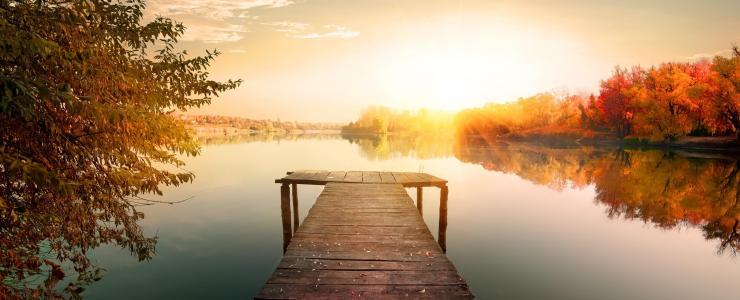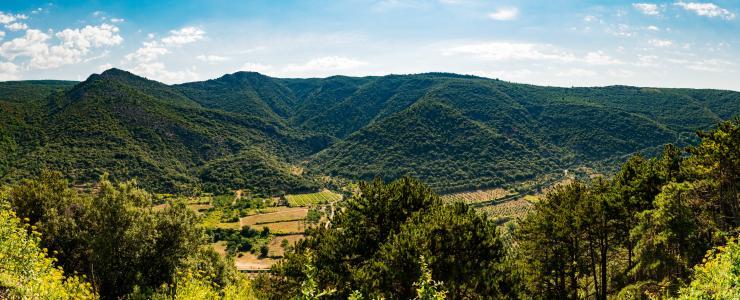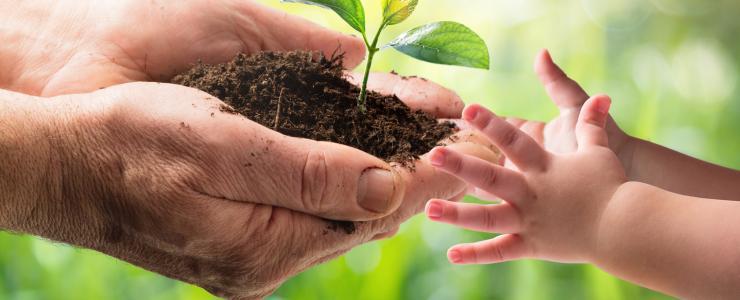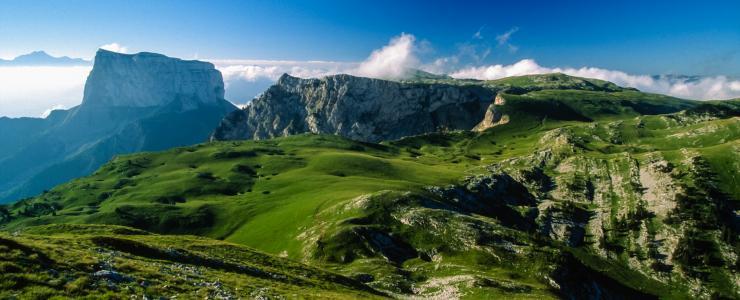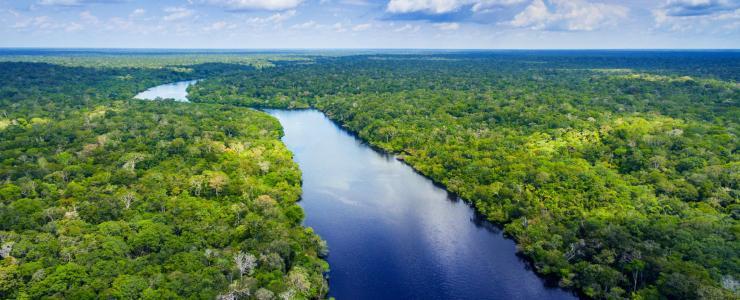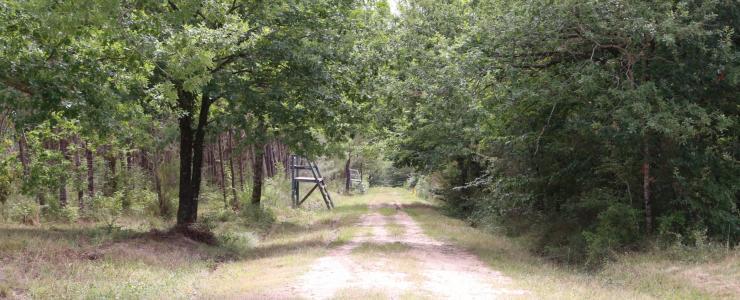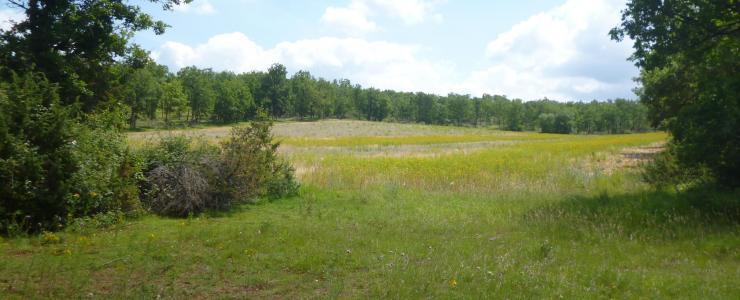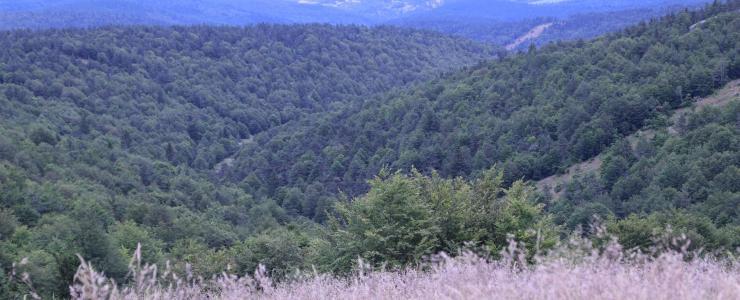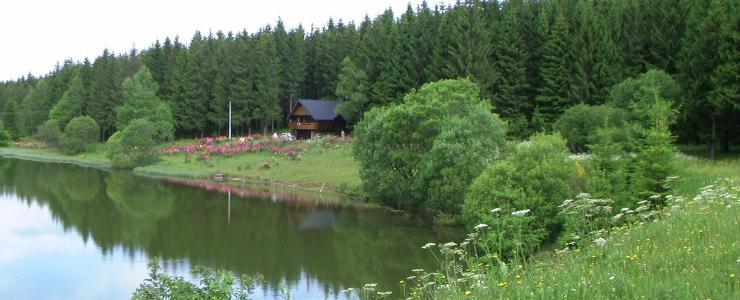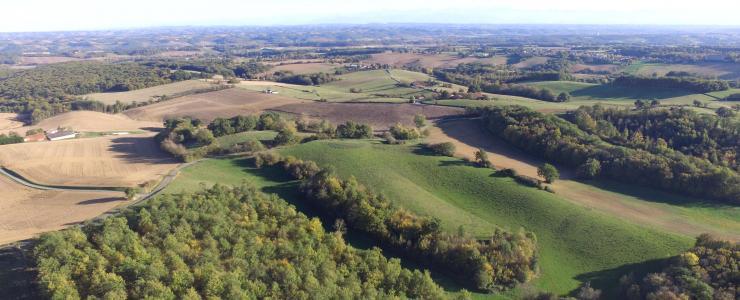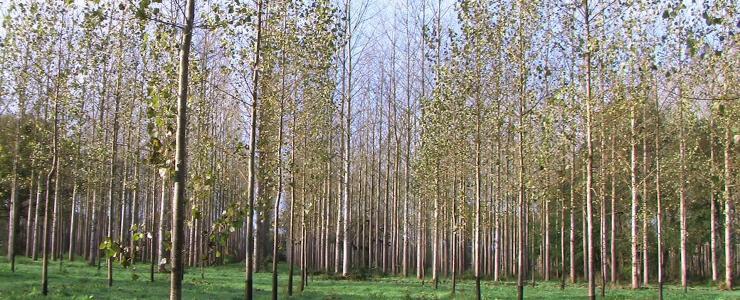Ponds
A pond is a shallow stretch of water formed in a natural basin or a hollow dug by humans.
The pond is most often an artificial body of water, created for various uses: fish breeding, water management, irrigation, recreational activities, landscaping, and so on. It is a distinctive landscape feature and is subject to special treatment in environmental terms.
The Water Act of December 30, 2006
Under the terms of this law, a pond comprises:
- An area covered by water
- A source of water (taken from a water course, a spring, a ditch, etc.)
- Specific structures (dyke, over-flow, drainage system, water intake system, etc.)
The law in France recognizes three situations
- So-called ‘regular’ bodies of water: created after January 3, 1992 or aligned since that date with the regulations in force. Fish farms authorized by prefectural decree also fall within this category.
- So-called ‘irregular’ bodies of water, created or recommissioned after being abandoned for a lengthy period after March 29, 1993, without prefectural authorization. These ponds can no longer be aligned with the regulations.
- Bodies of water ‘deemed regular’, created before March 29, 1993, without prefectural authorization. These bodies of water today need to be brought into compliance with the regulations, a process that begins with a declaration of existence submitted to the water policing authority. Above all, the process aims to minimize the impacts these installations might have on the ecological quality of aquatic environments. Declarations are studied by the water policing authority on a case-by-case basis, and balanced against local issues. The compliance process can range from mere administrative alignment to an application for specific development work.
Creating a pond or bringing it into compliance

The declaration as required by Article R.214-38 to 52 of the Environment Code
Works to create water bodies – permanent or otherwise – are subject to a declaration to the DDT Environment Department if their surface area exceeds 0.1 hectares.
- 0.1Â ha - 3Â ha: a declaration only
- Over 3ha: planning permission is required
Article R.214-38 to 54 of the Environment Code
Compliance of ponds over 0.1Â hectares
The pond must (ministerial orders of March 27, 1999, amended):

- be located more than 10Â meters from a watercourse (35Â m for watercourses more than 7.5Â m wide)
- have a freeboard of 0.40Â meters if there are dykes
- have a ‘monk drain’ type system so that the pond can be drained in under 10 days in the event of imminent danger for public safety
- have an over-flow or major spillway to allow the discharge of the 100-year flood water
- have a fishing system and gravel filter.
Main obligations associated with owning a pond in France
| OPEN WATER SYSTEMS | ENCLOSED WATER SYSTEMS | ||||
| General situation | Fish farming | Old ponds, 1829 | |||
| Water | Water Act | Applicable | Applicable | Applicable | Applicable |
| Quality of waste | Respect for the quality of water returned to the water course | Respect for the quality of water returned to the water course | Respect for the quality of water returned to the water course | Respect for the quality of water returned to the water course | |
| Outflow rates | ‘Instream flow’ regime applicable | ‘Instream flow’ regime applicable | ‘Instream flow’ regime applicable | Not applicable | |
| Fishing - Fish | Fishing Act | Applicable + fishing classification | No | No, unless requested | No, unless requested |
| Fish ownership | The fish do not belong to the land owner and cannot be sold. Only professionals are permitted to harvest them | The fish belong to the operator, who may sell it for consumption or restocking | The fish belong to the operator, who may sell it for consumption or restocking | The fish belongs to the operator, who may sell it for consumption or restocking | |
| Introduction of species likely to cause biological imbalances | Forbidden | Forbidden | Forbidden | Forbidden | |
| Fish stocks | Pike, perch, pikeperch and black bass forbidden if in a category 1 catchment area. Fishing. The fish must come from approved fish farming or aquaculture establishments. | Depending on purpose (production or recreational) | Pike, perch, pikeperch and black bass forbidden if in a category 1 catchment area. Fishing. The fish must come from approved fish farming or aquaculture establishments. | Carnivorous species permitted | |
| Management | Fish circulation | Grilles forbidden. No obstacles to the circulation of fish | Grilles mandatory upstream and downstream. | Grilles mandatory upstream and downstream. | It is impossible for fish to circulate, otherwise it is an open water system |
| Draining | Regulated. | Regulated by the fish farming authorization order | Regulated. | Regulated by the pond authorization order | |
| Dyke | Dyke and dam regulations | Applicable | Applicable | Applicable | Applicable |
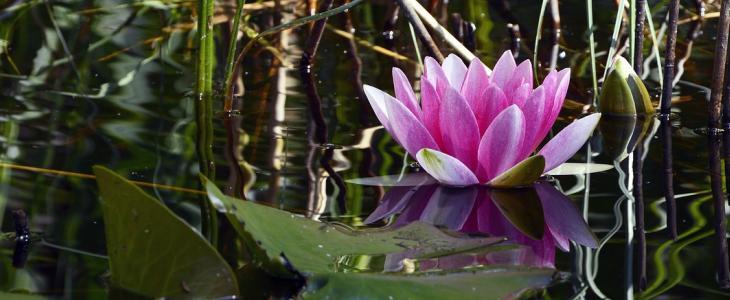
Right of ownership
The pond belongs to the owner of the submerged land. He may restrict access but must comply with the fishing lease if there is one. If it is an open water system, the pond owner must comply with the Fishing Act.
In this case, the pond communicates with rivers, canals and streams, which implies greater environmental monitoring.
How the water is used
The land owner may use the pond water for their own domestic use or to water crops and animals. However, depending on the pond’s status, the flow to be returned to the natural environment is subject to regulations.
The right to fish
Regardless of the pond’s status, the owner has a right to fish, also applicable to his rightful claimants. The owner may also authorize other people to fish. However, if it is an open-water pond, those people must be members of an accredited fishing and aquatic environment protection association (AAPPMA) and hold a fishing permit.
There are 252,000 open-water and closed-water ponds in France. The pond’s status (open or closed) determines the obligations on the owner. In an open-water system, regulations are very strict and the owner is highly recommended to contact their local Agence de l’Eau (water board), an organization that reports to the Ministry for the Ecological and Inclusive Transition. The aim is to maintain good water quality in France, a key environmental factor.
Before deciding to buy a pond in France, it is advisable to consult the applicable regulations. Forêt Investissement can provide help with your project to buy a pond.

